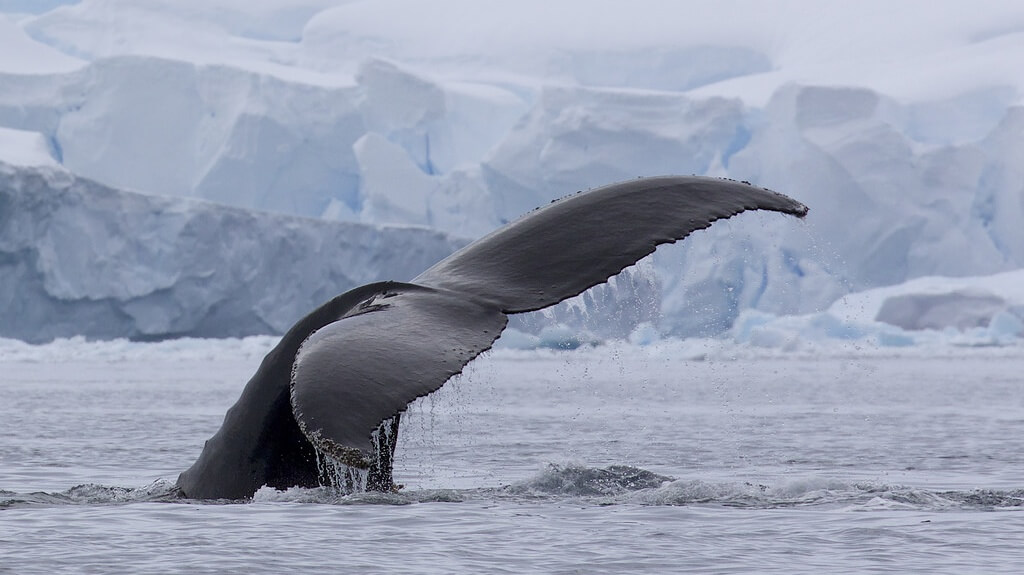After years of public denial, Japan withdrew from the International Whaling Commission (IWC) earlier this month so that it can continue its commercial whaling operations. It’s a move the conservation group Sea Shepherd sees as a victory, virtually eliminating whaling in the Southern Ocean.
“Since 2002, Sea Shepherd has lead countless whaling operations against illegal Japanese whaling, saving over 6,000 whales in the process,” the group wrote in a statement.
The Southern Ocean surrounding Antarctica is an internationally established whale sanctuary that forbids commercial whaling; Japan exploited a loophole that allowed whaling for research. Now, its departure from the IWC signals an end to whaling in the southern waters.
“We are delighted to see the end of whaling in the Southern Ocean Whale Sanctuary,” Sea Shepherd founder, Captain Paul Watson said. “We are delighted that we will soon have a South Atlantic Whale Sanctuary and we look forward to continuing to oppose the three remaining pirate whaling nations of Norway, Japan and Iceland. Whaling as a ‘legal’ industry has ended. All that remains is to mop up the pirates.”
Over the last three decades, Japan’s “commercial research” was little more than a ruse, says Sea Shepherd and other ocean conservation organizations. Sea Shepherd’s award-winning Animal Planet series “Whale Wars,” which ran from 2008 to 2015, documented the organization’s work to prevent Japan from hunting whales in the Antarctic waters. According to Watson, Japan heavily subsidizes its whaling industry, making it a lucrative practice for whalers.
The IWC imposed a moratorium on commercial whaling in the 1980s in an effort to thwart the decline of global whale populations.
“Japan has never stopped commercial whaling. They have ‘hidden’ it behind the excuse of so-called ‘scientific whaling’ since 1987,” Watson explains. “They have continued commercial whaling despite the International Court of Justice ruling that there is no legal justification for their so-called ‘scientific whaling.’ Now there can be no façade, Japan has joined Norway and Iceland in their open defiance of international conservation law. All three nations are pirate whaling nations.”
According to Sea Shepherd, the IWC can now also vote to condemn all industrial commercial whaling, essentially forcing Japan, Iceland, and Norway to abandon the controversial practice.
“Japan is now openly declaring their illegal whaling activities. No more pretense of research whaling. With this announcement, Japan has declared themselves as a pirate whaling nation,” Watson notes. “This will make Sea Shepherd’s objective of shutting down these poachers much easier.”
Become a CLUBKINDLY member today!



